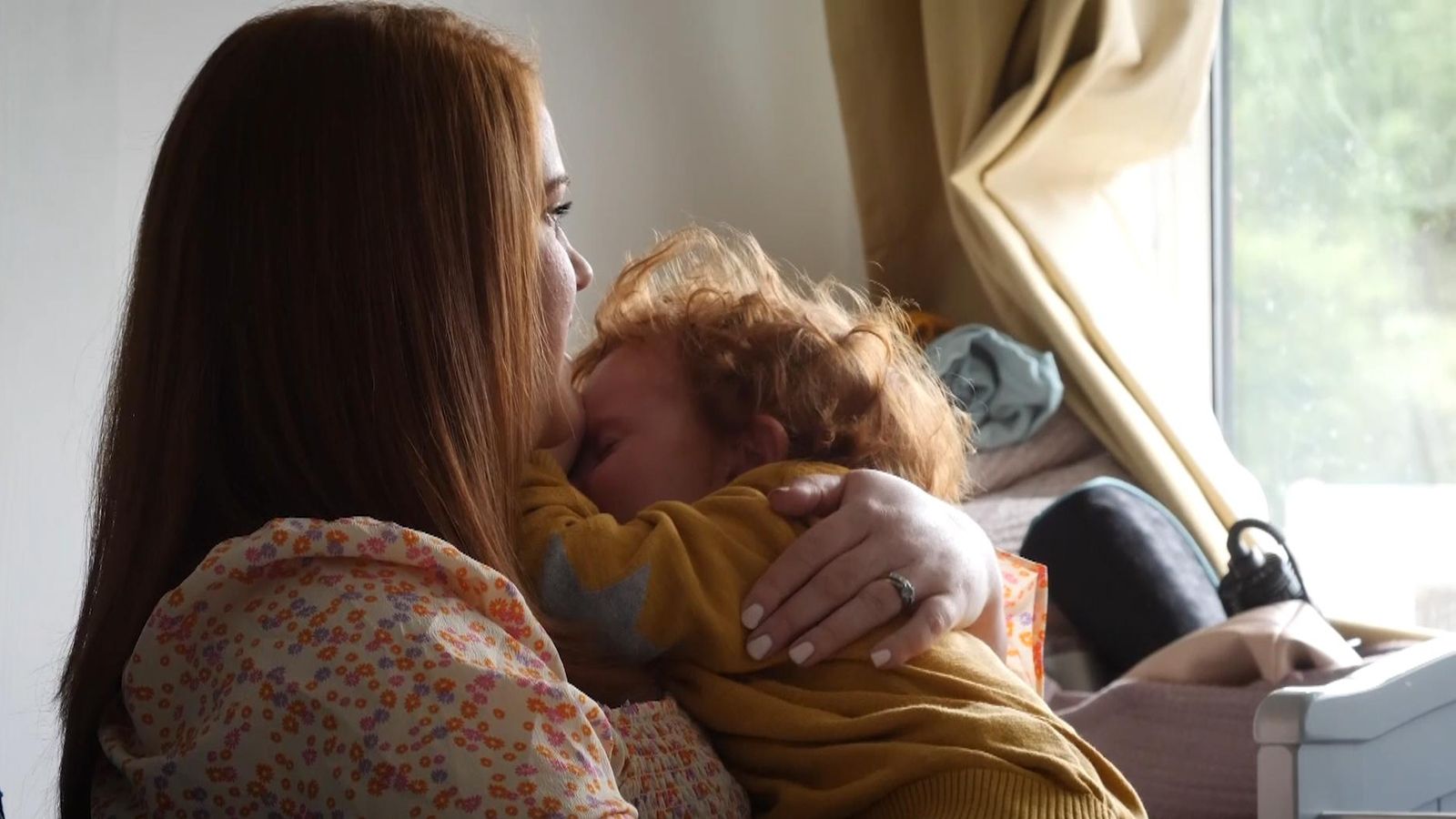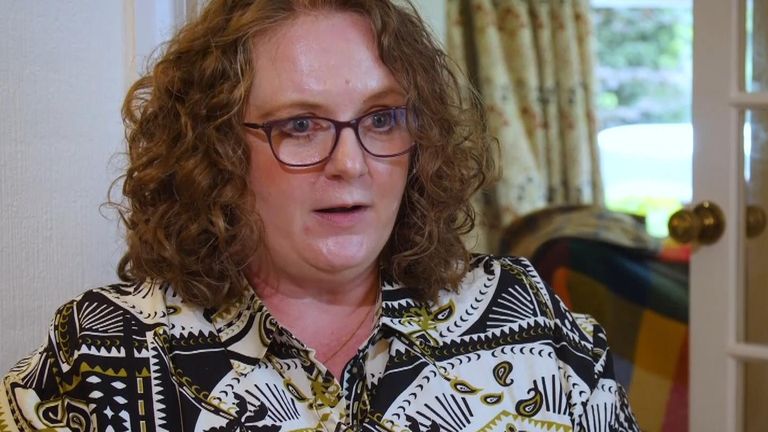Woman gets £575,000 payout after ‘rushed’ childbirth left her with stoma and PTSD


A mother from Wrexham has been awarded more than half a million pounds in damages for injuries she suffered during childbirth.
Maternity services make up more negligence claims and payments than any other hospital department – and campaigners say it reflects underfunding and overworked staff.
It took Amy Stead, 37, nearly three years to fall pregnant, but childbirth left her with injuries that will last a lifetime.
During her labour in 2019, she suffered a tear so severe it left her with a permanent stoma. What is worse, it was not spotted soon enough.
“It turned out that I had a hole between my vagina and rectum, but it had been completely missed,” Ms Stead said.
She said her obstetrician was “in such a rush to leave” that she missed the injury.
She added: “Had she taken more time and care over what she was doing… she may have seen it, and they could have put me to sleep and repaired it properly.”
Ms Stead suffered from PTSD and was in pain for a year after her son was born.
“It felt like all the joy had been sucked out of having my first baby,” she said.
Advertisement
She decided to sue her hospital, an incredibly difficult decision as it was where she worked. After a five-year litigation, she has now been awarded £575,000 in damages.
Figures for England for 2022/2023 show maternity services made up 13% of clinical negligence claims, more than any other department.
Last year, the NHS spent £1.1bn on maternity negligence payments. To put this in context, the budget for maternity services in England is £3bn.
Read more from Sky News:
Shortage of vets getting worse because of Brexit, MPs warn
Man City and England star fined for speeding

Litigation lawyers say damages are often high because of the physical and psychological impact the injuries have.
Ruth Powell, head of clinical negligence at the law firm Hugh James, says litigation is “gruelling” for people, with a “really high bar” to prove a claim.
Many mothers never seek legal advice.
“Middle class, white women who have the confidence and the background to challenge things, it’s much easier for them,” said Ms Powell.
“There’s a massive number of women, perhaps English isn’t their first language… they don’t talk to anybody about it.”
Campaigners are calling for change.

Chair of the Birth Trauma Association, Rachael McGrath, was awarded damages after her twins were born.
She blames “massive underfunding and staffing issues” for the high levels of litigation.
“Why is it easier to pay out on maternity litigation than invest from the bottom up?” asked Ms McGrath.
“We are looking at staff, a workforce, who are compassion-fatigued because they are not supported appropriately in their roles and that is leading to trauma and an unsafe system.”

Keep up with all the latest news from the UK and around the world by following Sky News
A spokesperson for the Department for Health and Social Care said: “We’re committed to ensuring all women receive safe and compassionate care from maternity services and we’ve made progress in improving outcomes.
“We are determined to further improve maternity services. That’s why it is prioritised in our Women’s Health Strategy 2024.“
Ms Stead is relieved her litigation is over and hopes sharing her story will help other mums suffering from birth trauma.
“No amount of money can change that or make that better, but it certainly helps,” she said.
“But you shouldn’t have to go through that to have children, it’s not normal.”